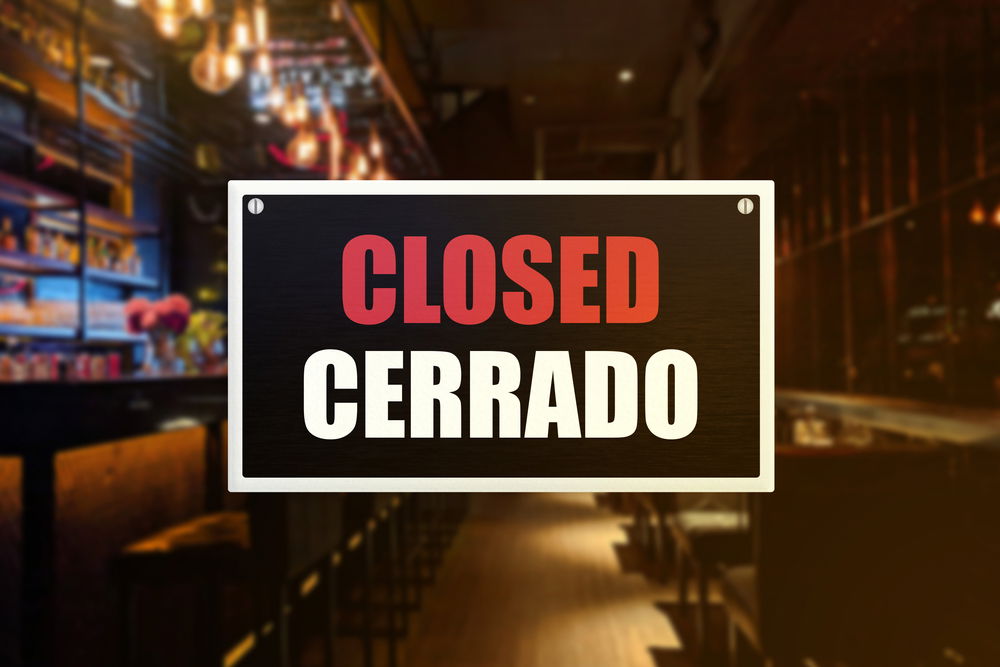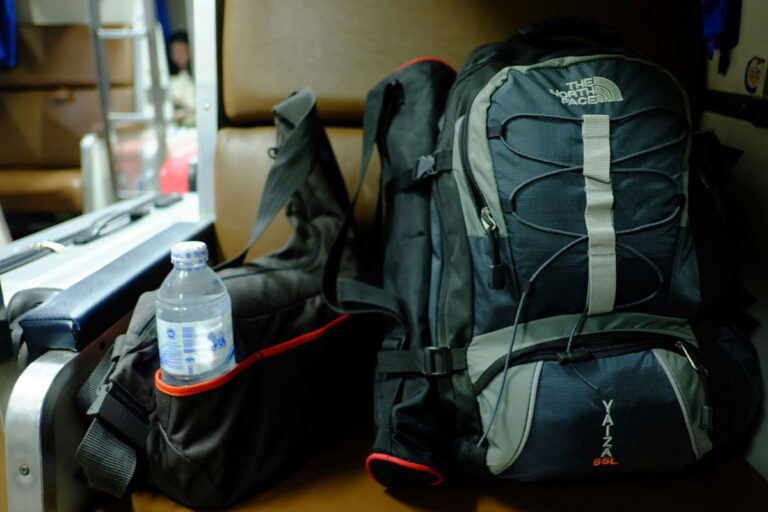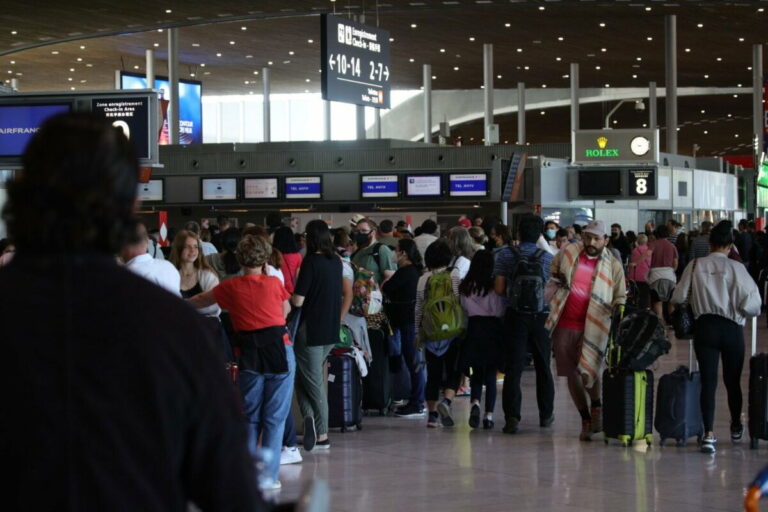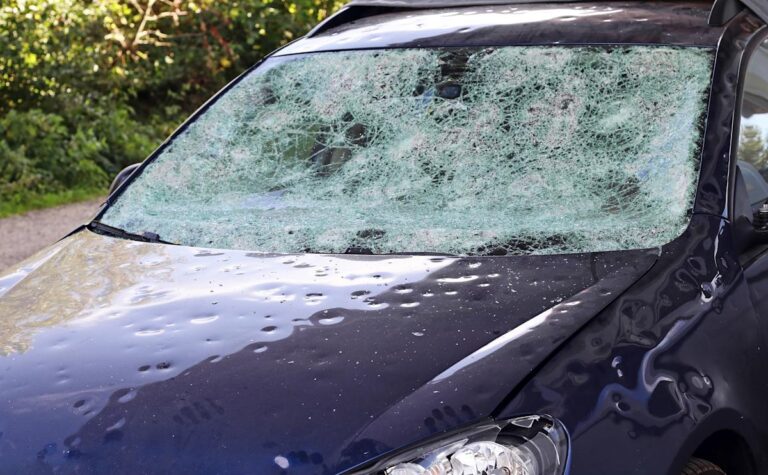
Siestas are nice unless you want a beer or a snack | Photo: MDV Edwards / Shutterstock
Moving is never easy, even if it is just down the road. Life as an expat or immigrant is even more complicated because you need to learn to adapt to new habits and traditions.
Making new friends and learning the ropes of banking, shopping, and other essentials of living abroad can also be challenging. Therefore, plan wisely to successfully overcome the challenges of moving to Spain.
While there are many popular and not-so-obvious reasons to move to Spain, it is crucial to analyze, plan, and understand various aspects before moving to ensure your new life in a new country is as wonderful as possible.
Here are Euro Weekly News’ 5 top mistakes expats make when moving to Spain:
1. Buying a home before renting, and also before settling in one place, is highly important. We’ve all heard that phrase, “It’s a great place to visit, but I would not live there for any reason.” The lesson there is that you must live in a location of your choice before purchasing a property. The reason is that over time, you might find that your chosen location is not as great as you initially believed. Banks, supermarkets, and other places might be too far or might not have the things you long for. There are cases where expats buy a home and seem extremely happy, until they visit a nearby town they have just discovered and might think, “How I wish we had known about that place before we bought our house.” Renting is also a good idea because it gives you plenty of time to search for a home more calmly. There are people who, after purchasing a home and then moving to it, find out about a super bargain and wish they had been more patient.
2. The language is a big one as well. Spain does not rank highly on the English proficiency index, so consider learning the language first. There are many locations in Catalunya where people prefer speaking Catalan, refusing to speak Spanish, let alone English. So, do not make the mistake of thinking everybody speaks Spanish, because there are many other languages, such as Valencian, Basque, Galician, and Aranese. It’s a good idea to try to learn at least some basic Spanish before moving to Spain, or at least get yourself a good translation app, which many Spaniards might find annoying anyway. Google Translate is the most popular, although not the greatest. Try using ChatGPT on your iPhone or Android device as well. Duolingo is an effective tool for learning Spanish.
3. Siestas and other schedules. The Spanish lifestyle is quite laid-back, particularly in the smaller cities and towns. People are typically late to meetings, so sit tight and be patient if waiting for a local. Prepare for siestas, which take place between 2 pm and 5 pm. More often than not, you will not find any stores, bars, or other shops open between those hours. Many places do not open until 7 pm. If you think you’re going to find something to eat before 7 pm and after 3 pm or so, think twice, because Spaniards dine later than any other nationality across the European continent.
4. Taxes and Finances. If you’re coming to Spain for work, remember it is cheaper than the UK, other European countries, and the US, but salaries are also lower, so make sure to plan your spending wisely, particularly if you plan to head back home at any point in time. Spain will likely require you to start paying taxes after six months, unless you are retired. The two biggest mistakes expats make is not understanding that once they become residents, they will need to pay taxes on their worldwide income. However, remember! There are tax-saving schemes for foreigners living in this country. Check into the Beckham Law or tax allowances for those of you who have children. Be sure to consider acquiring a local debit card, as ATM withdrawals can take a toll on your savings. Most places also only accept cash, so try to keep some banknotes with you just in case.
5. IDs and resident cards. Don’t procrastinate. Spanish bureaucracy is slower than in many other EU countries—much more than the UK for sure. Therefore, please submit your documents for your foreign ID, known as NIE or Foreigners’ National Identification. You will need it for many things, including getting your local bank account and registering as a resident in your locality. Many expats forget to apply for a Social Security number, which is indispensable for any visits to the local clinic and much more so if you need to go to the hospital.
By the way, tipping is not customary, nor asking neighbours what they do the first time you meet them. Eating with your hands under the table is also frowned upon. And don’t worry, if you see them becoming a bit loud, it is actually normal; they are not arguing or about to get rowdy. For other tips and suggestions, please check our list of habits and traditions.







